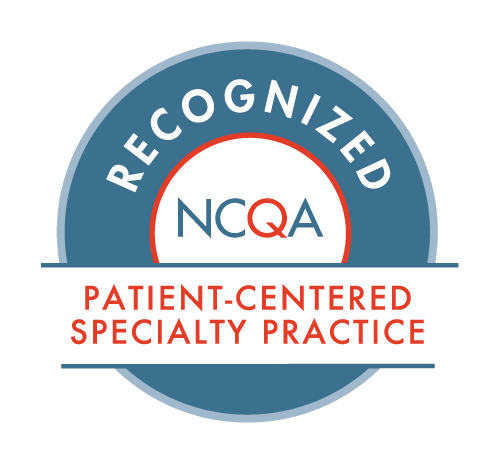Hypertension: Causes, Symptoms, and Treatment
- Posted on: May 25 2022
You may be familiar with the term hypertension, but you may not know exactly what the diagnosis implies. At Hunterdon Cardiovascular Associates (HCA), we strive to provide clear and comprehensive education to our patients and their families. Hypertension is very common in the United States, with the U.S. Centers for Disease Control and Prevention (CDC) noting that nearly half of adults have the condition. Here’s what you need to know about hypertension (also known as “high blood pressure”), and how to manage it.
What Is Hypertension?
Hypertension is a condition of consistently elevated pressure in your blood vessels. It is natural (and important) for your blood pressure to rise periodically, such as when you are exercising or when you’re in a heightened emotional state. However, having blood pressure that remains at too high of a level throughout too great a portion of your day can take a toll on the health of your blood vessels and essential organs such as your heart, brain, kidneys, and eyes.
What Are the Stages of Hypertension?
Hypertension is calculated using two different pressures during the cycle of a beating heart. The first pressure is calculated as your heart muscle squeezes and applies the greatest force to your blood vessels as blood exits your heart—this is known as your systolic blood pressure. The second pressure is calculated as your heart muscle relaxes and the force on your blood vessels reaches its lowest point in the cycle—this is known as your diastolic blood pressure.
According to the American Heart Association (AHA) a normal blood pressure is considered to be less than 120 mm Hg systolic and/or less than 80 mm Hg diastolic.
- An elevated blood pressure is 120–129 mm Hg systolic and less than 80 mm Hg diastolic
- Stage 1 Hypertension is 130–139 mm Hg systolic or 80–89 mm Hg diastolic
- Stage 2 Hypertension is 140 mm Hg systolic or higher and/or 90 mm Hg diastolic or higher
Blood pressures that are exceedingly high can cause a state known as a hypertensive crisis, which can jeopardize the health of your organs and requires immediate medical attention.
Causes
Hypertension can be caused by a number of variables. Genetics can play a role in the development of hypertension, particularly if it is diagnosed at an early age.
Lifestyle factors also play a large role in the development of hypertension, including:
- Smoking cigarettes
- Drinking alcohol
- Eating a large amount of salt
- Gaining excess body weight
- Taking certain medications
- Being sedentary throughout the day
Luckily, many of the risk factors that can contribute to the development of hypertension are within your control and you can improve your blood pressure by adopting a heart-healthy routine.
Symptoms
Many people who have hypertension have no symptoms of the condition, which is why a diagnosis can take you by surprise. If you are experiencing symptoms, you may already have an advanced form of the condition. These symptoms can include headaches, vision changes, chest pain, shortness of breath, or changes in your urination. Make sure to follow up immediately if you are experiencing any of these symptoms, especially in the context of an elevated blood pressure reading.
How Is Hypertension Managed?
Hypertension is typically managed using lifestyle changes, with or without the addition of prescription medication. It may feel strange to take a medication to help manage a medical condition that is not causing you any symptoms; however, keeping your blood pressure under good control is critically important. Managing your hypertension can help you avoid the complications of having chronically elevated high blood pressure, such as heart attacks, heart failure, vision loss, and strokes.
How to Learn More About Hypertension
At Hunterdon Cardiovascular Associates, we are dedicated to providing our patients with the highest level of cardiovascular care in an environment that puts them at the forefront of decision-making. Our offices are conveniently located in Flemington, Clinton, and Bridgewater. We also have subspecialty clinics to ensure that patients receive the most tailored and comprehensive care for their conditions.
If you’re interested in learning more about hypertension, or being evaluated by one of our cardiologists, get in touch with us today.
Posted in: Uncategorized



